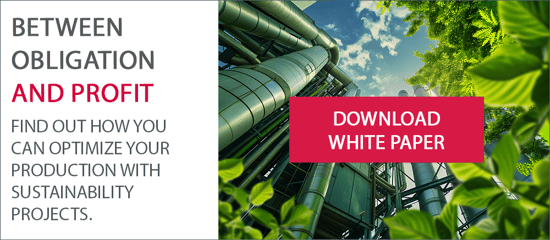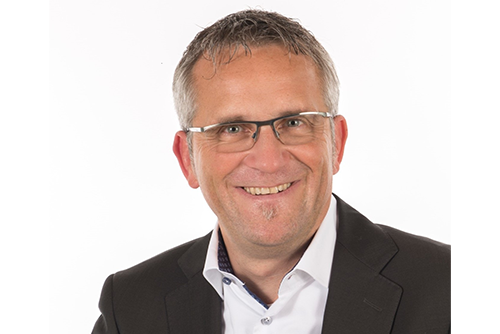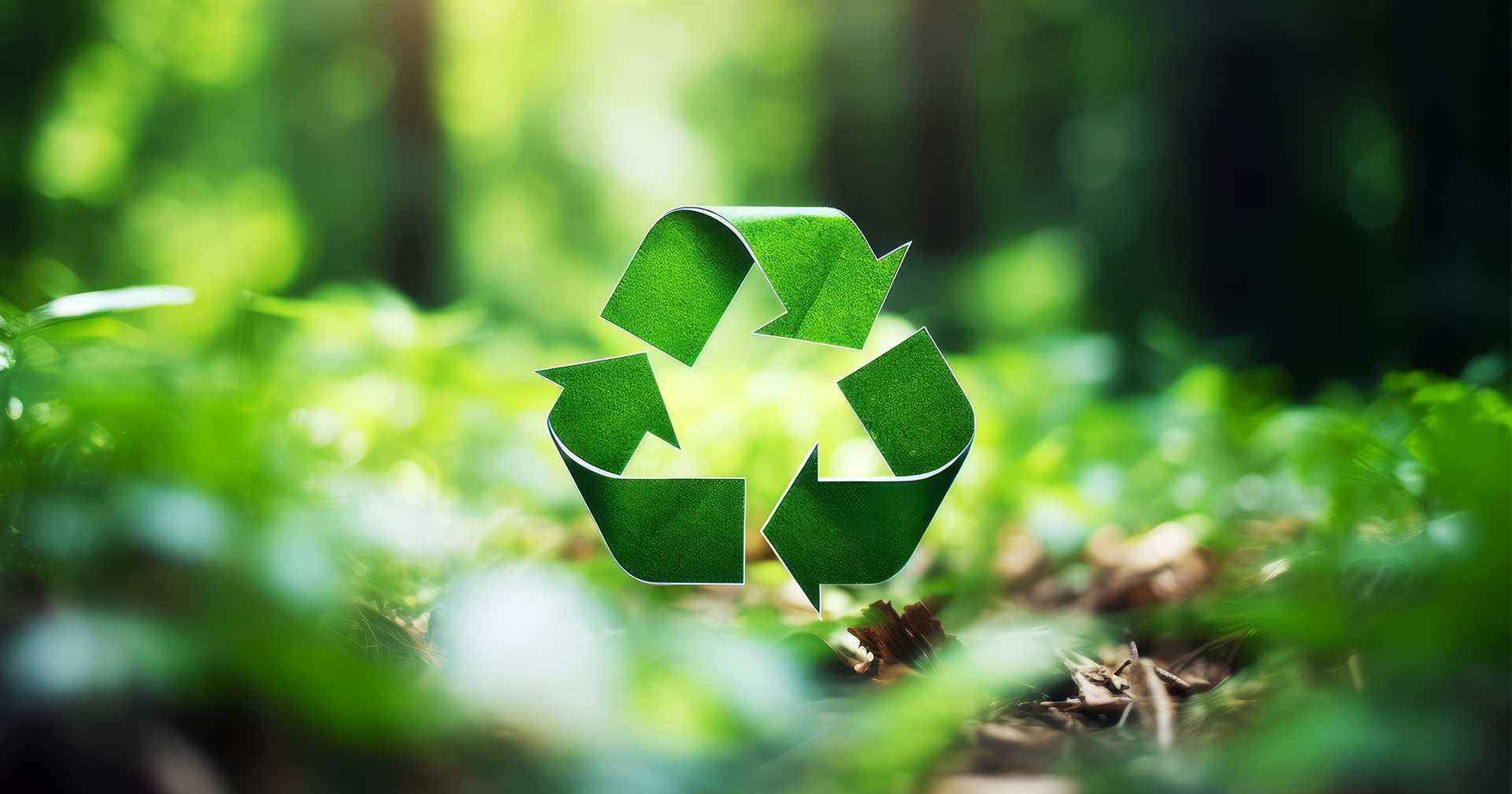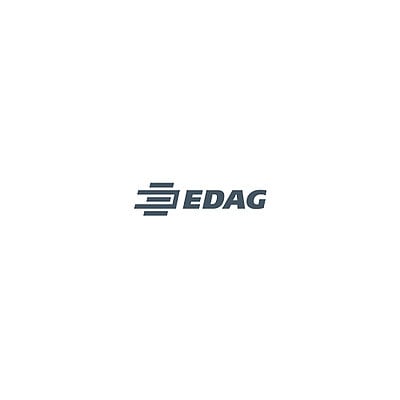There are people who see “sustainability” as nothing more than a buzzword – sometimes with negative connotations attached. Behind it, however, is a concept that is having an increasing impact in a variety of ways. The fact is that politicians and legislators are putting companies and their investors under more and more pressure, to get them to address the issue. On the other hand, rising energy and raw materials prices ensure that the core principles of sustainable production are worthwhile – not only by making a contribution to climate protection, but also in terms of hard cash.
From 2025 onwards, listed companies with more than 500 employees and either revenues amounting to more than € 50 million or a balance sheet total of more than € 25 million will be subject to the sustainability reporting requirement under the European Corporate Sustainability Reporting Directive (CSRD). From 2026, unlisted companies fulfilling two of the three criteria will also be affected. Then in 2027, all listed SMEs (small and medium-sized enterprises) will be subject to this requirement.
The mandatory structure and scope of sustainability reports are defined in the European Sustainability Reporting Standards (ESRS). The reports needing to be certified by an auditor list a company's environmental and social impacts on the one hand, and its environmental and social risks on the other.
Consequently, in the months and years ahead, many companies will have to address matters such as their current and future energy consumption, their own CO2 and other greenhouse gas emissions, and the carbon footprint of the materials, raw materials and components they purchase from suppliers. This usually calls for more extensive data than was previously the case, which is not something that can be arranged overnight.
And reporting alone just doesn't cover it. Buying decisions, especially those of the younger generations, are increasingly being based on ecological standards. So customers expect to see progress, and the same applies to lenders such as banks and investors. This is because companies that operate sustainably have shown themselves to be more resilient in the face of crises. By contrast, anyone unwilling to embrace sustainability is considered to be at a higher risk of default and can therefore expect less favorable financing conditions.
Threat of indirect obligation
And even organizations not legally required to submit reports cannot necessarily avoid the issue. Suppliers to the major vehicle manufacturers, for example, will also have to provide data on CO2 emissions within the framework of their reporting obligations – and in this way contribute to reducing the carbon footprint of cars and other vehicles.
BMW, for example, has announced its intention to reduce greenhouse gas emissions in its supply chain by 20 percent by 2030, compared to 2019. VW estimates that the supply chain will contribute around 30 percent to the goal of complete decarbonization by 2050. As an intermediate goal, 90 percent of suppliers will need to demonstrably commit to the Paris climate goals by 2040. And on its website, Mercedes even describes the goal of producing climate-neutral vehicles by 2039 as a “key criterion for supplier selection” – a clear message to the entire supply chain.
What is "sustainable production"?
Sustainability means meeting the needs of today without compromising the ability of future generations to meet their needs. This is the basic definition established at the 1992 United Nations Conference on Environment and Development (Rio Conference). The term is linked to a three-pillar model: companies should be striving for sustainability in the areas of ecology, economy and social issues.
At EDAG, these requirements for the sustainable transformation of production environments have been translated into seven fields of action:
- Future-proof entrepreneurship: Sustainable engineering leads to the optimization of business models, with digital twins (CO2e) as enablers
- Recyclable products: Integration of the circular economy concept into all product and production development processes
- Climate-neutral products: Eco-design in product development, validated by QLCA
- Healthy factory: Quiet, light, clean, safe and healthy workplaces
- Sustainable supply chain: Reduction of the use of resources and emissions in the supply chain
- Optimizing energy efficiency: Development of measures, implementation and reporting:
- Energy analyses
- Energy audits and
- Energy managemen
- Energy analyses
- Consistent decarbonization: Consulting and project management from the development of measures to their successful implementation
Step by step to more sustainability
At EDAG, we have extensive experience with sustainability projects and a broad service portfolio that meets the demands of this complex issue. As many factors are interrelated, the greatest challenge is making the right decision: What processes, what materials and what technologies are truly climate-friendly in the long term? And will they actually pay off? These questions make a detailed inventory and analysis at the start essential. 
Sustainability as a business case
The experts at EDAG Production Solutions can look back on many years of experience and numerous projects relating to sustainability as a driving force. In the process, meeting the expectations of the end customers, complying with legal requirements and at the same time ensuring cost-efficient production and a competitively priced product often proved to be particularly challenging.
Though some people believe that sustainability goes hand in hand with higher costs and uneconomical processes, the opposite is in fact the case. High energy costs and the way in which the prices of raw materials have increased in recent years are helping to make sustainability projects into profitable business cases.
A comparison of different joining methods provides impressive proof of how ecology and economy can be combined. The production specialists compared the carbon footprint of a plant in which a tailgate is produced by means of spot welding with that of a plant in which the manufacturing process is based on clinching (press joining). After six years of operation, CO2 emissions from the latter are 86 percent lower than those from the welding plant.
And from an economic point of view? To find this out, a number of principles first had to be established. These included the cost factors of CO2 emissions, which were calculated at € 55/t, and energy costs set at € 0.18/kWh. It is a fact that the investment costs for a clinching press are higher. According to EDAG, this amounts to an additional € 1.2 million. However, the lower CO2 emissions and reduced energy consumption offer cost benefits during operation. This means that the clinching press will have paid for itself in 2.7 years, and save not only climate-damaging gas but also hard cash. 
With tools such as the Quick Life Cycle Assessment (QLCA) or the battery cell calculator, EDAG's experts have developed tools that, even in the product development stage, contribute to a better carbon footprint throughout the entire life cycle,.
Conclusion
There are many facets to sustainability in production – and consequently many opportunities for greater efficiency and improved climate friendliness. Often enough, economic advantages are created because high energy prices and the rising cost of raw materials have lowered the threshold for economic viability in sustainability projects promoting a more efficient use of these cost factors.
If you would like to know how your company might benefit from the concept of sustainability and its three pillars – economic, ecological, social issues – then contact our specialists Matthias Medler, Vice President Planning Smart Factory, or Daniel Aha, Vice President Engineering Smart Factory at EDAG Production Solutions. Or download our white paper “Sustainable Production is Feasible – Now!” here, in which we explain what the individual steps in the transformation towards more sustainable production might look like. 





